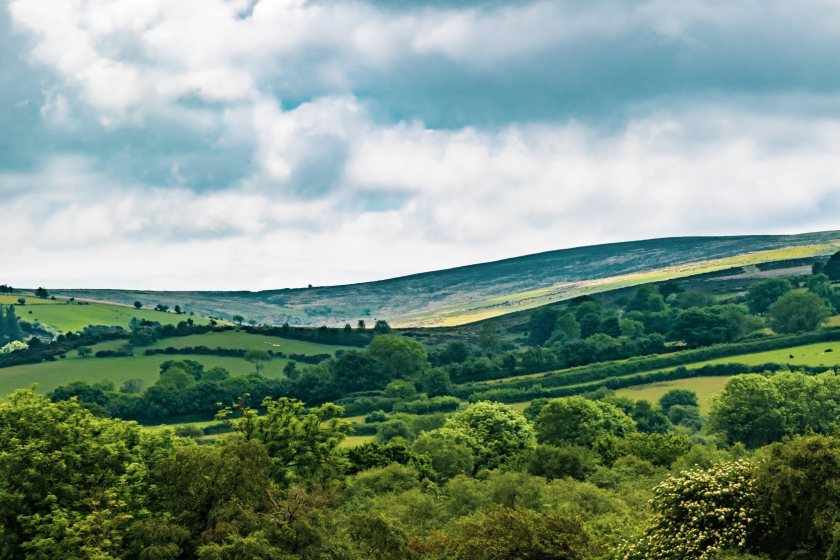
The National Sheep Association (NSA) has called for a 'measured, sustainable approach' to commons across the UK as part of an inquiry into controversial proposals to reduce grazing levels on Dartmoor.
NSA chief executive Phil Stocker said the sector was 'encouraged' by the evidence being gathered as it was 'reflective of those directly impacted and involved in the area'.
Earlier this year, Defra agreed to hold an independent inquiry into Natural England's proposals to reduce grazing levels on Dartmoor.
A new reduced grazing regime for sheep and cattle was proposed, aimed at improving what Natural England considers to be the poor condition of sites on Dartmoor.
As part of it, farmers would have to comply to continue to receive enhanced funding under the Environmental Stewardship scheme.
Farmers on Dartmoor graze livestock on common land within the National Park, much of which is designated as a Site of Special Scientific Interest (SSSI).
But many have warned that reduced or no winter grazing would likely force them out of business and spell the end of small, family farms.
At the inquiry this week, Mr Stocker said: "Now is the time to challenge Natural England’s evidence base and reasoning but also recognise that not every common is the same; an active management approach is often what is needed to get the most benefit from these areas.”
In the session, he highlighted the value of areas of land such as Dartmoor to UK agriculture, saying: “The uplands and commons are an integral part of the sheep industry, producing breeding stock for lowland enterprises, store lambs, finished lambs and wool.
"They are often the basis of our unique stratified sheep industry, and home to some of our hardiest native breeds. In addition, farming in these areas is now recognised as a multifunctional activity, providing more than just agricultural outputs.”
Defra committed to the review in June this year following a number of - what the industry saw as - heavy handed decisions from Natural England.
David Fursdon, an experienced industry figure based in Devon, accepted the position of chair of the review and is leading it alongside a small panel of experts.
At the inquiry, Mr Stocker raised concerns that upland and hill farms "continually come under threat" due to changing markets and social and policy pressures.
"These influence and risk fundamental change to the farming system itself, often ignoring the value that this most traditional and essential form of livestock farming provides" he said.
"Over the years, upland and hill farmers have been influenced and affected by policy decisions, increasing livestock numbers when headage payments were introduced to incentivise farm output, and then reducing stocking rates when environmental impact concerns came to the fore.
"[This is] despite overly prescriptive requirements often being detrimental and leading to undesirable agronomic, environmental and societal impacts.”
He added: “Our NSA members in and around Dartmoor inform us that Natural England officers are preoccupied with overgrazing with little interest in the effects of undergrazing.
"This has led to large areas of monoculture Molinia grass in particular, ecologically of little value and presenting a significant fire risk.”
